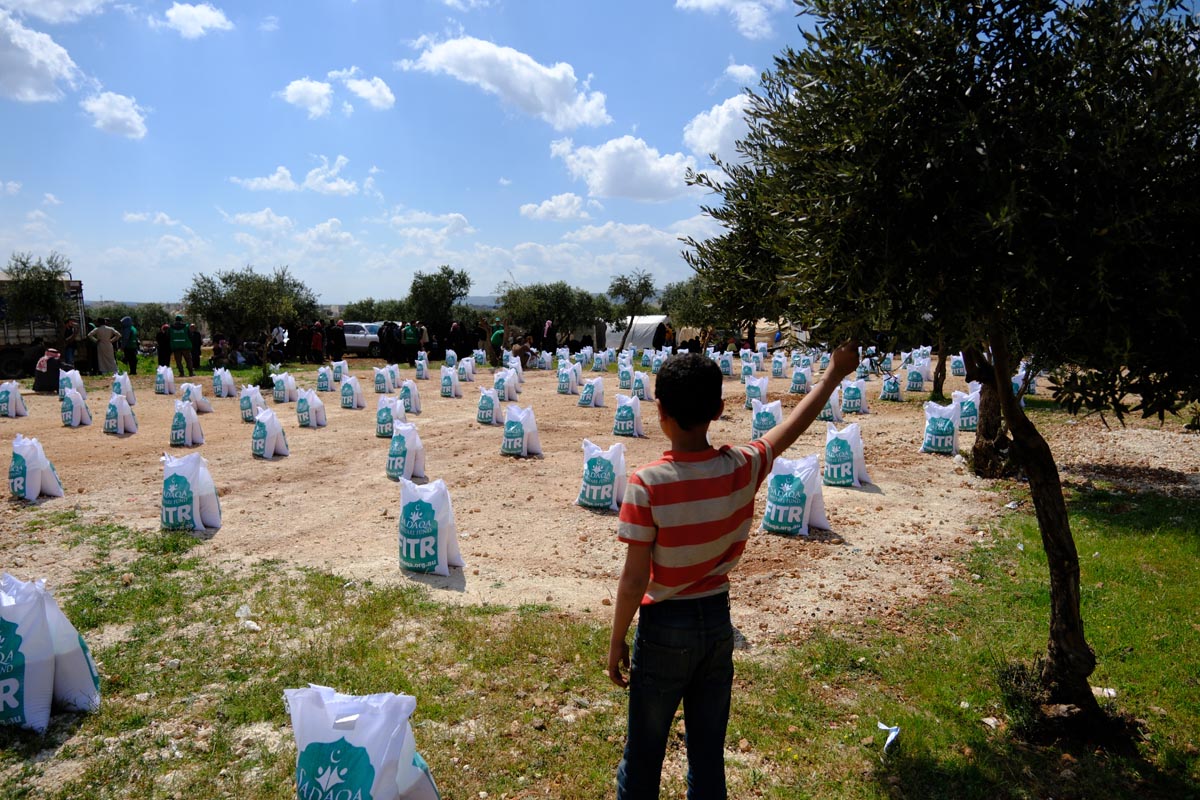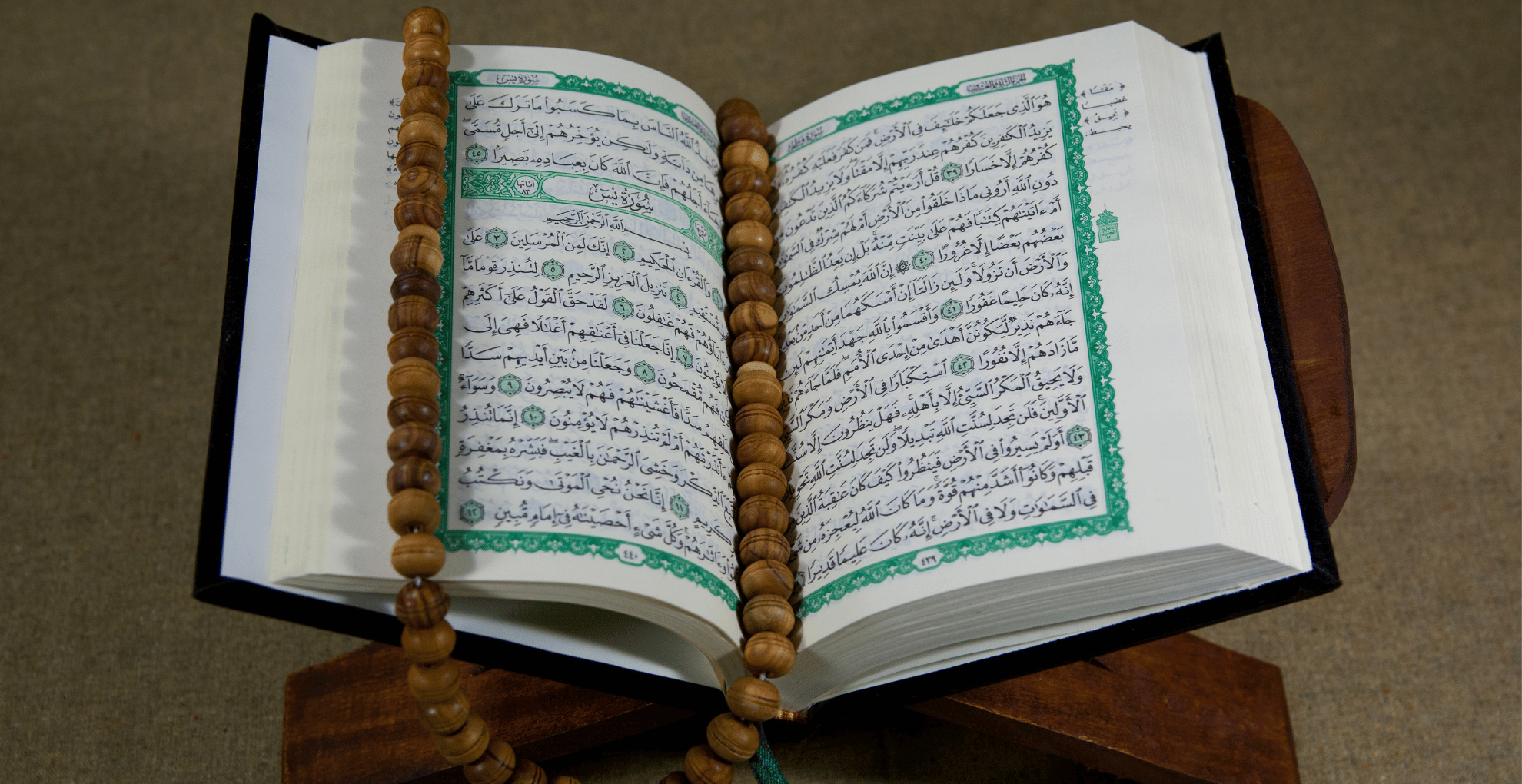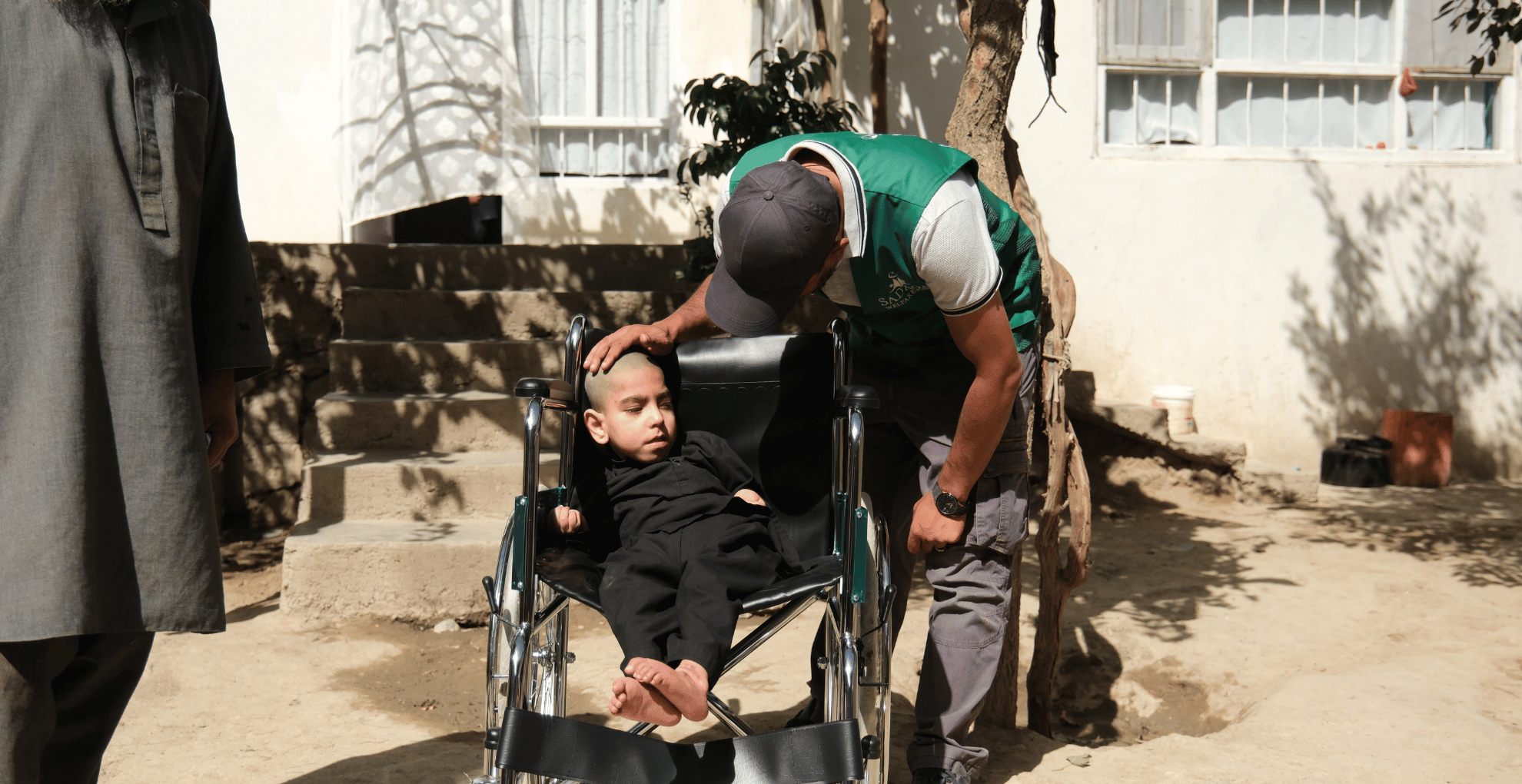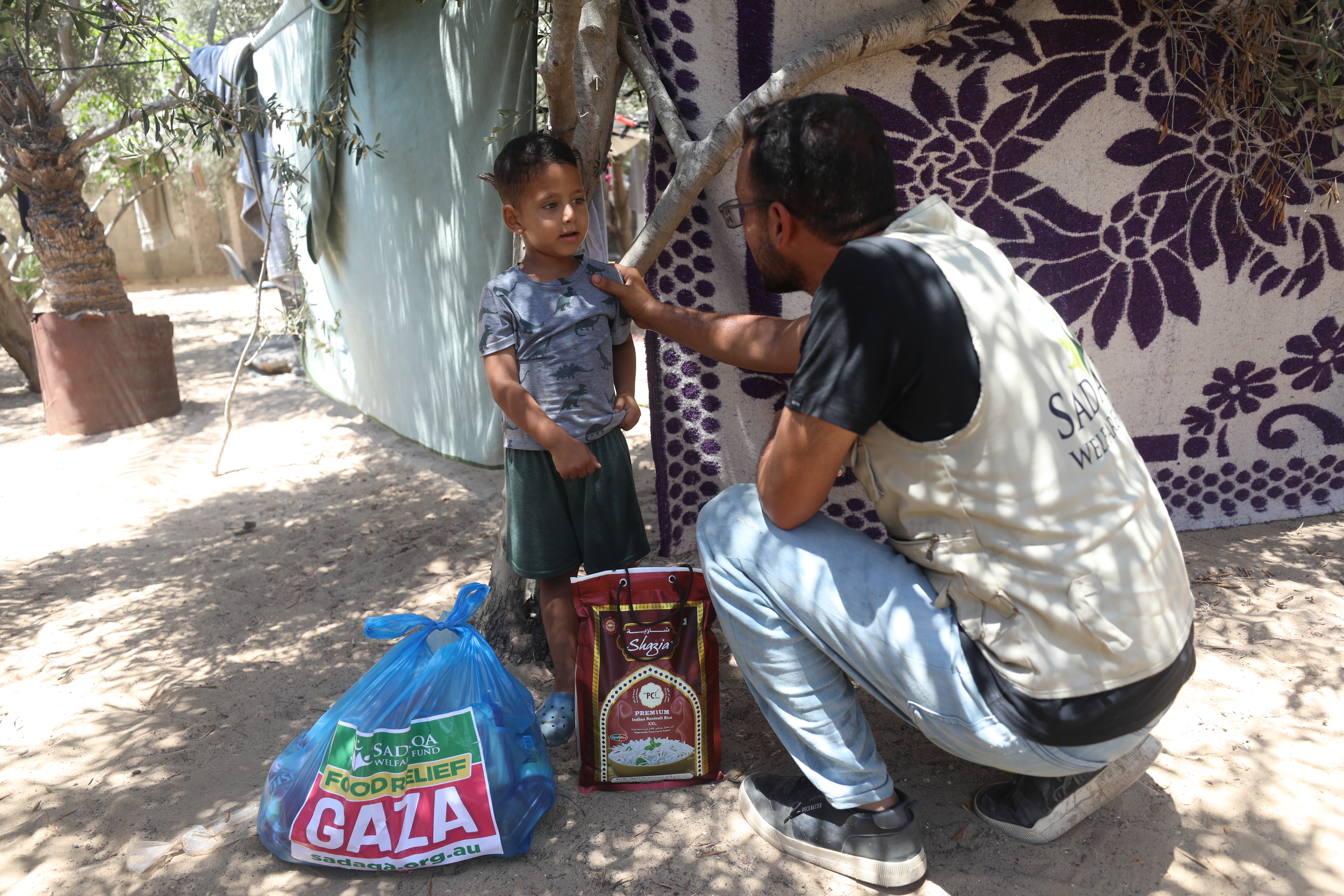What is Laylat al-Qadr?

What is Laylat al-Qadr?
Laylat al-Qadr, often referred to as the Night of Decree or Night of Power, holds immense significance in the Islamic faith. It is believed to be the night when the Quran was first revealed to the Prophet Muhammad (peace be upon him) by the angel Gabriel. This event marks a pivotal moment in Islamic history, and the night is celebrated during the last ten days of Ramadan, particularly on the odd-numbered nights, with the 27th night often being regarded as the most likely date.
Importance and Significance
Laylat al-Qadr is mentioned in the Quran, specifically in Surah Al-Qadr, which emphasizes its greatness and the blessings associated with it. The Quran states that this night is “better than a thousand months,” signifying the exceptional rewards and mercy granted to those who engage in worship and good deeds during this time. The significance of Laylat al-Qadr encourages Muslims to seek forgiveness, reflect on their actions, and strengthen their connection with Allah.
Worship and Devotion
During Laylat al-Qadr, Muslims engage in increased prayer, Quran recitation, and supplication (dua). Many choose to perform additional night prayers (Taraweeh or Qiyam al-Layl) to seek closeness to Allah. It is a time for spiritual reflection and introspection, where believers strive to enhance their worship and ask for guidance and forgiveness.
Seeking the Night
Many Muslims actively seek Laylat al-Qadr throughout the last ten nights of Ramadan, as its exact date is not known. This quest for the night is rooted in the belief that it offers an opportunity for profound spiritual growth and renewal. Those who observe this night with sincerity and devotion are believed to receive immense blessings and mercy, making it a pivotal aspect of the Ramadan experience.





